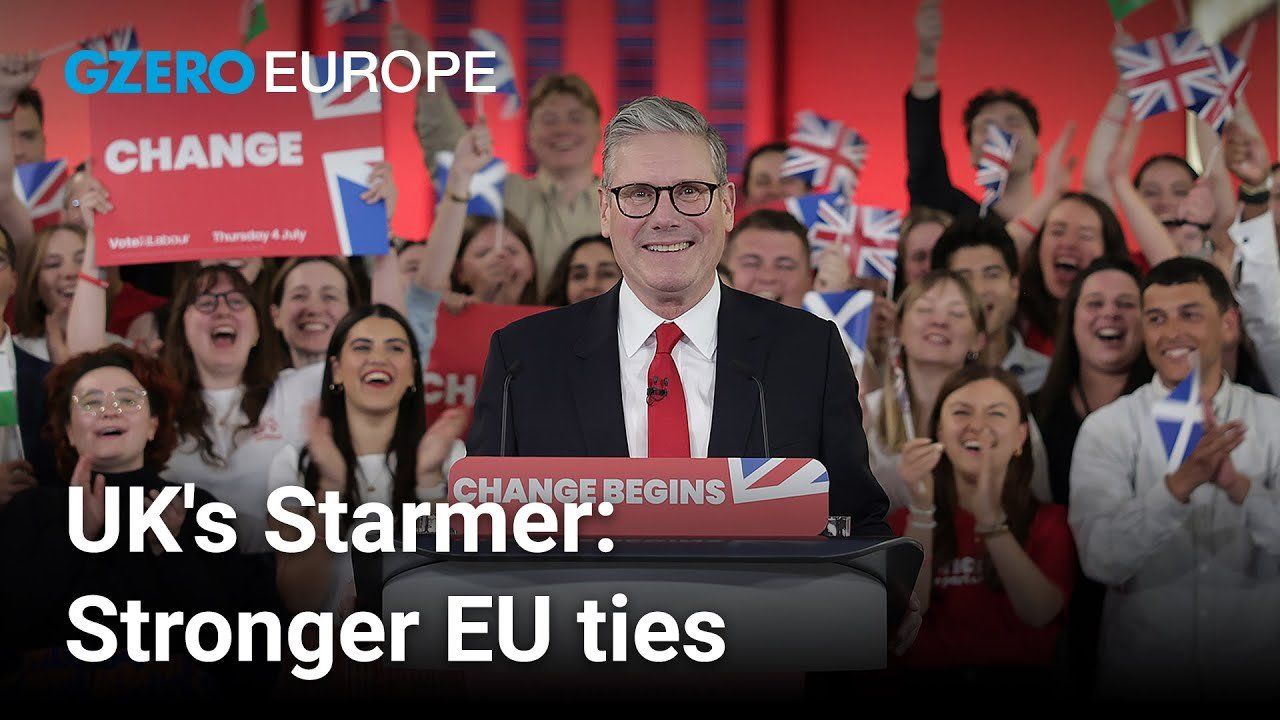
Carl Bildt, former prime minister of Sweden and co-chair of the European Council on Foreign Relations, shares his perspective on European politics from the Adriatic Sea.
How will the new UK Prime Minister Keir Starmer reset relations at home and abroad?
Well, I think overall there's going to be a lot of continuity in terms of foreign and security policies. They've already sent the defense secretary to Kyiv to say that if anything, it's going to be even stronger support. But in terms of Europe, it’s going to be a new nuance and new attempts. The new foreign secretary, David Lammy, has already been to Germany, he's been to Poland, he’s been to Sweden, and he's talked about a European pact, foreign and security issues, cooperating more closely. And he's been invited to a meeting with all of the foreign ministers. So that's where we are likely to see, some change in the months and perhaps years ahead.
How did Macron survive the snap election in France?
Yep, that remains to be seen. There was, of course, a surprise result in the sense that the extreme right came in third after first the left, which has some extreme element, and then President Macron's coalition. But it's a hung parliament. There's no clear answer who's going to govern. So, we'll have to wait and see what's going to be the governance of France. I think the emphasis has shifted from isolating the far right to isolating the far left and see some sort of stable government can be made out of that. Very much an open question.